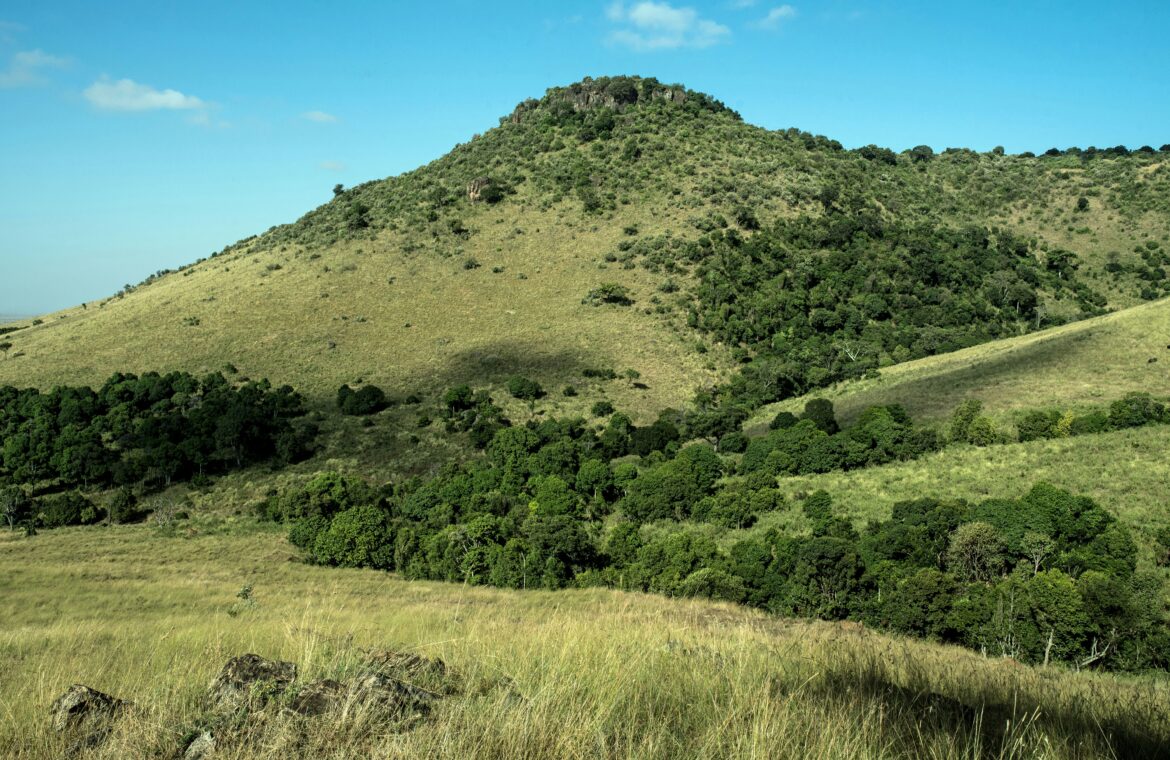Last year, I watched a revolution unfold, not with banners or slogans, but in the quiet assurance of a woman’s smile as she handed her daughter clean fuel made from agricultural waste. In Cameroon’s forested heartlands, women leaders and disabled youth are scripting a new future armed not with government decrees, but with sheer ingenuity.
For too long, Africa’s environmental fate has been shaped by outsiders: international experts, top-down policies, and climate summits that see “the continent” as a homogeneous victim needing tight control. Yet the true solutions, those that stick are springing from the margins: from handicapped communities launching green enterprises, from basket-weavers who turn invasive vines into economic opportunity, from women who sow trees because it means independence.
Africa Needs Partners, Not Saviors
Most narratives reduce African communities to recipients of aid, programs, or rescue. We rarely admit: Africans are some of the world’s boldest innovators, managing fragile ecosystems for centuries, often in spite of official policy. Instead of imposing blanket bans or lockstep regulations, imagine if policy-makers set out with one primary goal: to magnify local ownership and creativity. That single shift could ignite a wave of practical, sustainable change.
My own journey has taken me from the farthest corners of Cameroon to buzzing townships in the DRC. I’ve planted trees with schoolchildren; I’ve seen the heartbreak of a mother selling her last timber to send her son to school. I’ve also seen in the spark of a cooperative, in the pride of a disabled community leader, how liberty and dignity transform not just lives, but landscapes.
From Charity to Champions: How Inclusion Drives Sustainability
Disability is often overlooked in Africa’s “green” conversations, yet true sustainability requires every voice. Instead of seeing people with disabilities as recipients of aid, my work has shown that they are brilliant innovators. For instance, I recently collaborated with an association of disabled artisans in a rural community that traditionally struggled with economic inclusion. We didn’t provide them with a handout, we partnered with them. We offered a small micro-grant and access to materials, specifically invasive aquatic plants that were clogging local rivers and harming fishing ecosystems. They used their extraordinary weaving skills to turn these weeds into beautiful, marketable baskets and furniture.
The lesson that emerged was profound: when excluded voices become agents, solutions multiply. This project didn’t just provide an income, it gave them a sense of ownership over both their economic future and their environment. The association now actively helps in the removal of the invasive plants, not because of a government mandate, but because they have a direct stake in it. It’s not about charity, it’s about recognizing talent where others see only need.
Property Rights: Africa’s Forgotten Climate Solution
Want to see how to stop deforestation? Ask whose land it is. Give a community secure land tenure, and the incentives flip overnight. Farmers start thinking about soil health long-term; mothers plant trees not for today’s sale, but for tomorrow’s inheritance.
Most international programs focus on resource management, yet rarely build the institutional scaffolding for local ownership. In Cameroon’s Eastern region, a pilot program handed out land titles to women. Subsequent monitoring showed tree planting doubled, erosion slowed, and charcoal production shifted to sustainable sources. The difference wasn’t the technology, it was the sense of security and belonging.
Innovation Begins Where Government Ends
Africa’s greatest asset may be its untapped entrepreneurial genius. When governments and NGOs move away from micromanagement and start supporting risk-takers, entire sectors shift.
In the green charcoal initiative I helped lead, our objective was simple: find a clean fuel source that communities wanted to adopt, and then invite them to compete and cooperate. We brought together basket-weavers, schoolteachers, disabled youth, and elders. Rather than issuing mandates, we provided design labs and microcredit, then watched the rise of hundreds of sustainable jobs. The incomes of participating women rose by 20%; several are now trainers for new co-ops.
Success wasn’t a matter of importing brilliant ideas. It was freeing local people to act, rewarding success, and letting failure teach its own lessons.
Three Steps African Policymakers Can Take Today
Instead of hammering more restrictions, leaders should:
- Guarantee community property rights. Let local families and cooperatives own the land they care for; monitor results at the grassroots.
- Invest in small businesses, not big agencies. Direct financing and support to micro-entrepreneurs from disabled artisans to village ecologists, because they innovate with skin in the game.
- Base inclusion on agency, not tokenism. Women, youth, and handicapped citizens should help design, evaluate, and profit from every green initiative.
Africa’s Future Will Be Built By Its Citizens
The big lesson from my years on the ground is that conservation, climate action, and social progress aren’t gifts delivered from on high, they are achievements won locally, person by person, village by village. Technical fixes are only as good as the community buy-in behind them. Africa doesn’t need more global summits about what’s wrong, it needs bold investment in what’s working on the ground.
Picture this: a rural woman who once spent hours hauling firewood now runs a cooperative that supplies clean energy. Students who once saw forests as fee money now see them as inheritances and assets. Disabled leaders run literacy classes and green businesses.
That’s the Africa I’ve seen and the one I know is possible everywhere, when liberty meets opportunity.
Africa’s future is not a problem to be solved, but a promise to be kept. The answer lies not in control, but in unleashing the genius of its people.
This piece solely expresses the opinion of the author and not necessarily the magazine as a whole. SpeakFreely is committed to facilitating a broad dialogue for liberty, representing a variety of opinions. Support freedom and independent journalism by donating today.

1 comment
Great Work Tresor